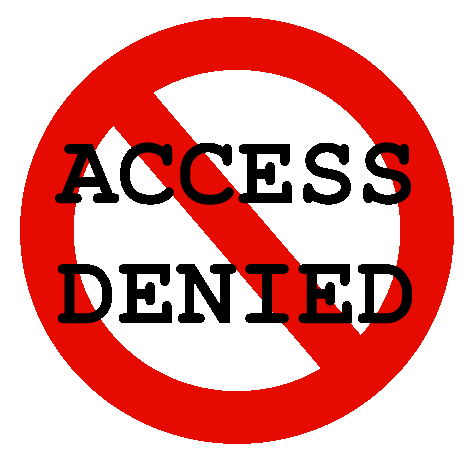Regulation of Cancer Drugs is More Complicated than You Think
Here is why it’s so hard for terminally ill patients to get compassion access to unapproved drugs:
On ly 6 percent of early-stage cancer drugs ever come to market, because many are found to have severe side effects or simply don’t work. Given those odds, companies hesitate to do anything to jeopardize a product too soon. If they give drugs away, a disastrous side effect or other poor outcome could spur bad publicity and extra scrutiny from regulators. Even more important, if doctors simply let people take untested medicines without going through all the clinical trials, drug companies would most likely never get anyone to enroll in them, never get the data on safety and efficacy for F.D.A. approval and never pass the gateway to big sales. “Even if patients with cancer are willing buyers,” writes George Annas, a Boston University expert on medical law, “drug manufacturers are not willing sellers.” (More)
ly 6 percent of early-stage cancer drugs ever come to market, because many are found to have severe side effects or simply don’t work. Given those odds, companies hesitate to do anything to jeopardize a product too soon. If they give drugs away, a disastrous side effect or other poor outcome could spur bad publicity and extra scrutiny from regulators. Even more important, if doctors simply let people take untested medicines without going through all the clinical trials, drug companies would most likely never get anyone to enroll in them, never get the data on safety and efficacy for F.D.A. approval and never pass the gateway to big sales. “Even if patients with cancer are willing buyers,” writes George Annas, a Boston University expert on medical law, “drug manufacturers are not willing sellers.” (More)


Interesting. If I had a terminal illness, I would want every chance of survival.
But would you be willing to accept the severe side-effects that might result from these drugs?
Suffering is better than death, so yes.
Public perception and media relations are stronger forces than most people recognize in how businesses make decisions.
Most people don’t give thought to how businesses make decisions.
It seems we have a monopsony here (not that most pharmaceuticals aren’t) but that leads to a problem when the only people you have to sell to aren’t people you want buying your product.
They’re so worried about sales later that they forgo using them now.
Which could, ironically, make it so that their product is never sold.
This is why we need regulators. If all of this was just handled by the FDA then these problems wouldn’t arise.
These problems arose BECAUSE of the FDA and how hard it is to clear drugs.
It wouldn’t have become difficult if unscrupulous drug companies hadn’t foisted harmful products on consumers.
“Only 6 percent of early-stage cancer drugs ever come to market, because many are found to have severe side effects or simply don’t work.”
That’s kind of depressing. That’s a very low percentage, and only makes me wonder what the exact percentage of “non-working” drugs actually is.
Such considerations lead our pharmaceutical companies to test questionable drugs overseas, where there are few ambulance-chasing lawyers. Even rich folks like Steve McQueen seek health care and drugs overseas.
If you are a fool, you pay $80 for an office visit to get a prescription that you fill at Walgreens for $80. If you’re smart, you cross the Mexican border to buy the same drug for $3 over the counter.